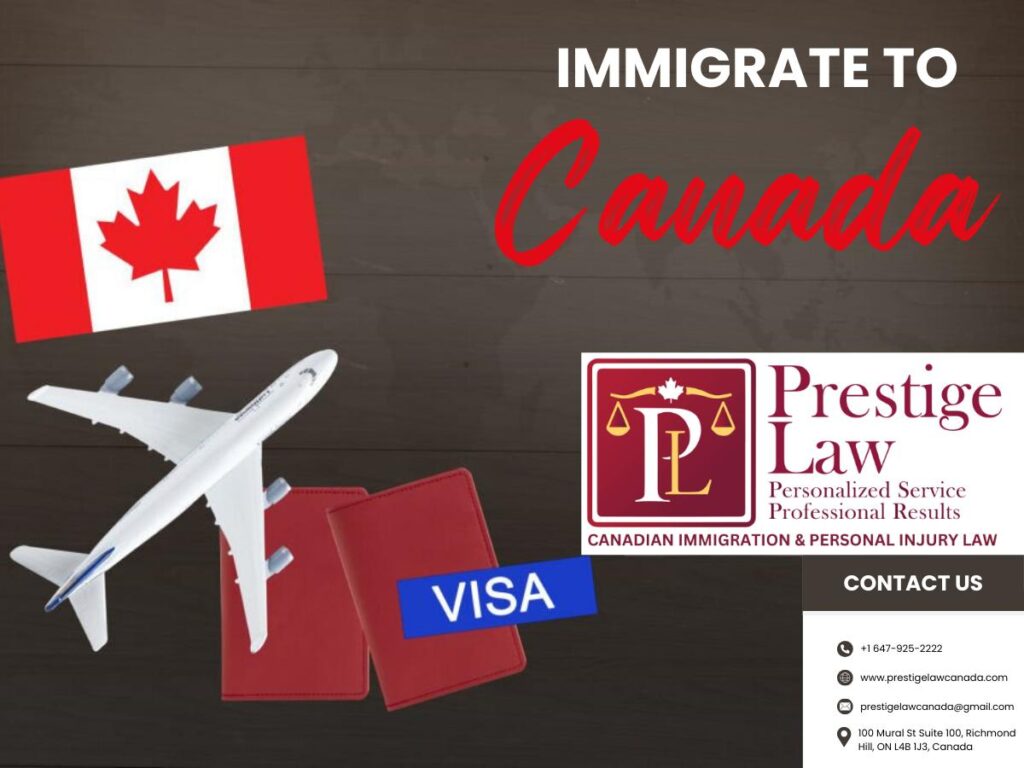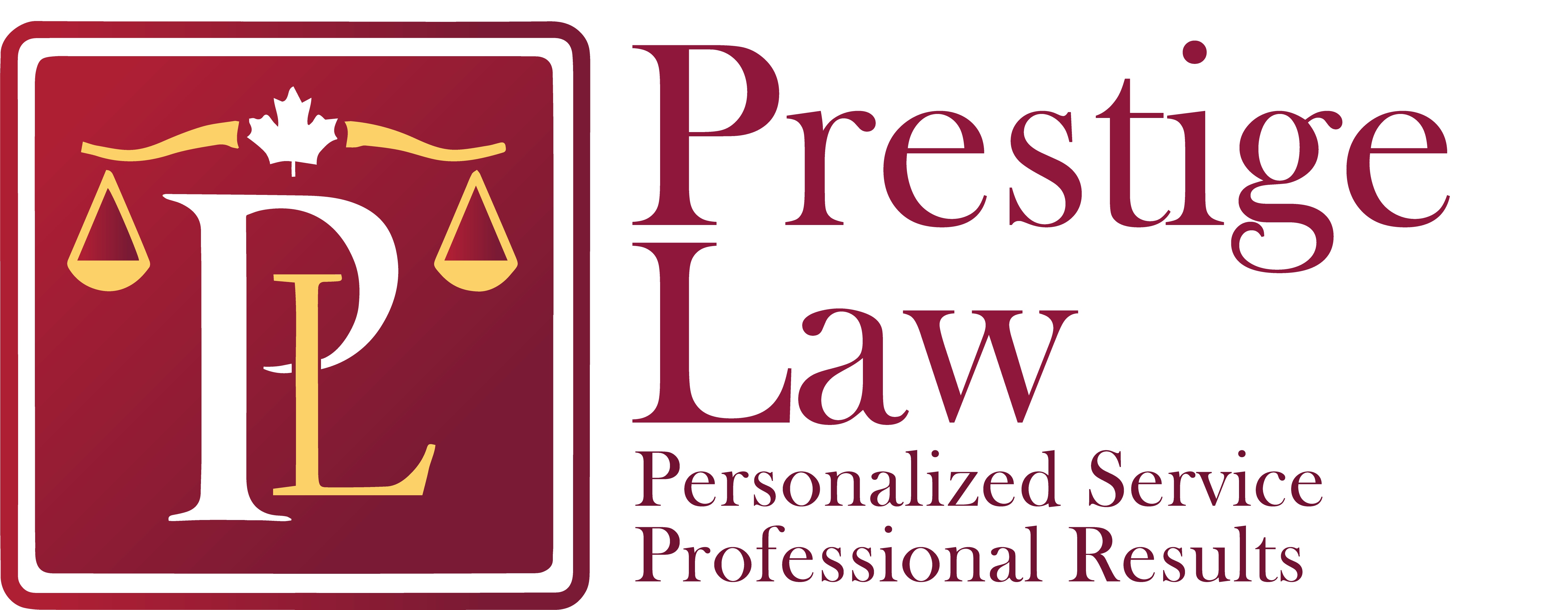How to get Canadian permanent residency with a low CRS score
How to get Canadian permanent residency with a low CRS score? Foreign nationals seeking Canadian permanent residency have several options, even if they have low comprehensive ranking system (CRS) scores in Express Entry.
If you have a low CRS score, and don’t qualify for any category-based draws, you’re unlikely to receive an Invitation to Apply (ITA) for permanent residency through Canada’s federal Express Entry system.
If you have a low CRS score and want to get PR, you can consider
- Provincial nominee programs (PNPs);
- The Atlantic Immigration Program (AIP);
- Family sponsorship; and
- Immigration pilots.

Which programs should I be looking at?
| Program | Whom it’s for | Summary of major criteria |
| Provincial Nominee Program | Foreign nationals with an intent to reside in a particular province or territory, other than Quebec or Nunavut | Varies depending on the province. Over 80 different streams. |
| The Atlantic Immigration Program | Foreign nationals with an intent to reside in an Atlantic province, with a job offer from an eligible employer. | Job offer from an eligible employer; work experience or education; language requirements. |
| Spousal sponsorship | Foreign nationals in a marriage, common-law, or conjugal relationship with a Canadian citizen or permanent resident. | The sponsor must be your spouse. |
| Family sponsorship – dependent child | Foreign nationals who are dependent children of Canadian citizens and permanent residents. | The sponsor must be your parent. You must be a dependent child. |
| Parents and Grandparents program | Foreign nationals who have an eligible sponsor. | The sponsor must be your child or grandchild. |
| Immigration pilots | Foreign nationals who qualify for a specific pilot | Varies depending on the pilot. |
Provincial Nominee Programs
Suppose you have a low Comprehensive Ranking System (CRS) score. In that case, if you don’t have a potential family sponsor and don’t qualify for any immigration pilots, going through a PNP program is likely your best shot at receiving an invitation to apply for Canadian permanent residency under an economic immigration program.
To qualify for any PNP program, you must demonstrate an intent to reside in the province or territory you’re applying for sponsorship. You must also meet the specific criteria for the PNP stream established by the province or territory.
All provinces and territories have PNPs except Nunavut and Quebec.
| Type of PNP | Requirements | What you receive if successful | Typical processing time for PR (after having received a nomination) |
| Base | -Meet requirements of PNP. | Certificate of nomination | 12 months. |
| Enhanced | -Meet requirements of PNP Stream. -Have a valid Express Entry Profile. | 600 additional CRS points on your Express Entry Profile.
| 6 months. |
In the case of base PNPs, you apply directly to the PNP, and if successful, you will receive a certificate of nomination, which you can use to apply to IRCC for PR.
Enhanced PNPs, in contrast, integrate with Canada’s federal Express Entry system. To be eligible for an improved PNP program, you must qualify for at least one of the three federal Express Entry-managed economic immigration programs: Canadian Experience Class, Federal Skilled Worker, or Federal Skilled Trades.
Suppose you successfully have an enhanced PNP upon receiving your provincial nomination. In that case, you’ll score a maximum of 600 additional CRS points on your Express Entry profile, greatly increasing your ranking in the candidate pool. You can receive your invitation to apply (ITA) directly from IRCC if they select you in an Express Entry draw.
Some PNP streams are purely base; others are enhanced, while others have both a base and enhanced option.
The primary advantage of an enhanced PNP is the faster processing time expected for your permanent residence application after you apply to IRCC.
Enhanced PNP programs typically have around a 6-month processing time, while base PNPs usually have around a 12-month.
How to apply to a PNP
For those PNP streams that require that candidates first receive an invitation, there are two main kinds: active and passive.
Active streams require that the candidate take some action to be considered. For example, you may be required to create an account in the province’s online system and submit an expression of interest (EOI) or letter of interest (LOI) to the province.
Depending on the PNP stream, that province may review each and every EOI or LOI submitted, and make a decision on each one.
Alternatively, upon receiving your EOI or LOI the PNP may place your profile in a pool of candidates, score your profile based on their own ranking system, and conduct periodic draws in which they issue Notifications of Interest (NOIs), Invitations to Apply (ITAs), or Letters of Advice to Apply (LOAs) to top-ranking candidates.
For passive streams, you do not need to take any special action to be considered. A passive consideration PNP stream integrates with the federal Express Entry system. The province will review all active Express Entry profiles that meet the criteria for that passive PNP stream and will select and notify candidates to apply to the PNP for nomination.

The Atlantic Immigration Program
To apply for permanent residence through the Atlantic Immigration Program (AIP), you must have a job offer from a designated employer in one of Canada’s Atlantic provinces.
Canada’s Atlantic provinces are
- New Brunswick;
- Newfoundland and Labrador;
- Nova Scotia; and
- Prince Edward Island (PEI).
Employers can become designated by applying to the province in which they are located. Each province has its application process for the designation of employers.
Suppose you have a job offer and meet all the other criteria. In that case, your employer can apply to the province for a Certificate of Endorsement, which you’ll need to apply for permanent residence.
You may also be eligible for a two-year work permit as an AIP nominee.
Spousal Sponsorship
If your spouse is a Canadian citizen or permanent resident, they may be able to sponsor you for Canadian permanent residence.
If you have the appropriate relation to an eligible sponsor and are eligible yourself, you can apply directly to IRCC for permanent residence under this program.
CIC News has published guides on each of the key steps involved in spousal sponsorship:
You must be in a genuine relationship to qualify for spousal sponsorship. It is illegal to marry for immigration purposes.
Marrying for immigration purposes can lead to a refusal of your application or even revocation of your permanent residence (if discovered later).
Family Sponsorship – Parents and Grandparents program
If you’re the parent or grandparent of a Canadian citizen or permanent resident, your parent or grandparent may be able to sponsor you for permanent residence.
Unlike family sponsorship for spouses and children, however, being able to apply for PR under the Parents and Grandparents Program (PGP) is not a sure thing.
You must first submit an interest to sponsor form and then wait to be invited under a lottery system.
The PGP received its maximum amount of allotted interest to sponsor submissions in 2020, after which IRCC ceased to accept interest in sponsor submissions. All invitations sent from 2020 to 2024 have responded to the 2020 intake.
Should the management of the program carry on by past events, obtaining an invitation to apply for PR under the PGP program may prove both time-consuming and difficult.
However, you do not need to gain PR status for extended visits to Canada. Suppose you are a parent or grandparent of a Canadian citizen or permanent resident. In that case, you can use the super visa to visit your family for up to five years.
Immigration Pilots
The Canadian government runs immigration pilots, which can also provide pathways to permanent residence for eligible foreign nationals.
As with the PNP, there are many different immigration pilots, and you’ll have to research or consult with an experienced immigration representative to determine which pilot programs are currently operating for which you may be eligible.
Current federal pilot programs at the time of writing include
The federal government has announced its intention to launch a new caregiver program pilot but has not yet released details on eligibility or when this program is expected to launch.
Immigration pilots are temporary programs, by definition. When the government announces a given pilot program, it typically also announces an end date. The pathway goes away if the program reaches its end date and is not renewed.
Successful pilots can become permanent pathways to PR. The Atlantic Immigration Program and the Rural Canadian Immigration Class are examples of permanent programs from successful pilots.
If you’re eligible for a pilot program, follow the exact process for consideration, avoid any errors in your application, and meet all deadlines for consideration.
FAQ
1. Can I get Canadian permanent residency with a low CRS score?
Yes, there are several pathways to Canadian permanent residency even with a low CRS score, including Provincial Nominee Programs (PNPs), the Atlantic Immigration Program (AIP), family sponsorships, and immigration pilots.
2. What is a Provincial Nominee Program (PNP), and how can it help me?
PNPs are immigration programs run by Canadian provinces and territories that allow them to nominate candidates for permanent residency based on their specific labour market needs. A nomination can provide up to 600 additional CRS points if aligned with Express Entry, significantly boosting your chances.
3. What is the Atlantic Immigration Program (AIP)?
The AIP is a program designed to attract skilled workers to Canada’s Atlantic provinces (New Brunswick, Newfoundland and Labrador, Nova Scotia, and Prince Edward Island). To qualify, you need a job offer from a designated employer in one of these provinces.
4. Can I be sponsored by a family member to get PR in Canada?
Yes, eligible Canadian citizens or permanent residents can sponsor their spouses, dependent children, or parents and grandparents for permanent residency. Each category has specific eligibility criteria.
5. What are immigration pilots, and how do they work?
Immigration pilots are temporary programs targeting specific industries or regions. Examples include the Agri-Food Pilot and rural-focused programs. If eligible, these pilots provide alternative pathways to permanent residency.
6. How do I apply for a Provincial Nominee Program?
You can apply directly to a PNP (base PNP) or through the Express Entry system (enhanced PNP). Some streams require you to submit an Expression of Interest (EOI), while others are passive and integrate directly with Express Entry.
7. What is the difference between a base PNP and an enhanced PNP?
- Base PNPs: Require a direct application to the province and result in a nomination certificate.
- Enhanced PNPs: Work through Express Entry and provide 600 additional CRS points upon nomination.
8. Can I still apply for PR if my parent or grandparent sponsors me?
Yes, under the Parents and Grandparents Program (PGP). However, this program uses a lottery system and has limited invitations. Alternatively, a super visa allows extended visits for up to five years.
9. What should I do if I don’t qualify for current immigration programs?
Consider exploring new immigration pilots, enhancing your CRS score through language tests or education credentials, or consulting with an immigration expert for tailored advice.
10. Are immigration pilots permanent pathways to PR?
Not always. Pilots are temporary programs, but successful ones (e.g., the Atlantic Immigration Program) can become permanent pathways. Be sure to apply before the program’s end date.




